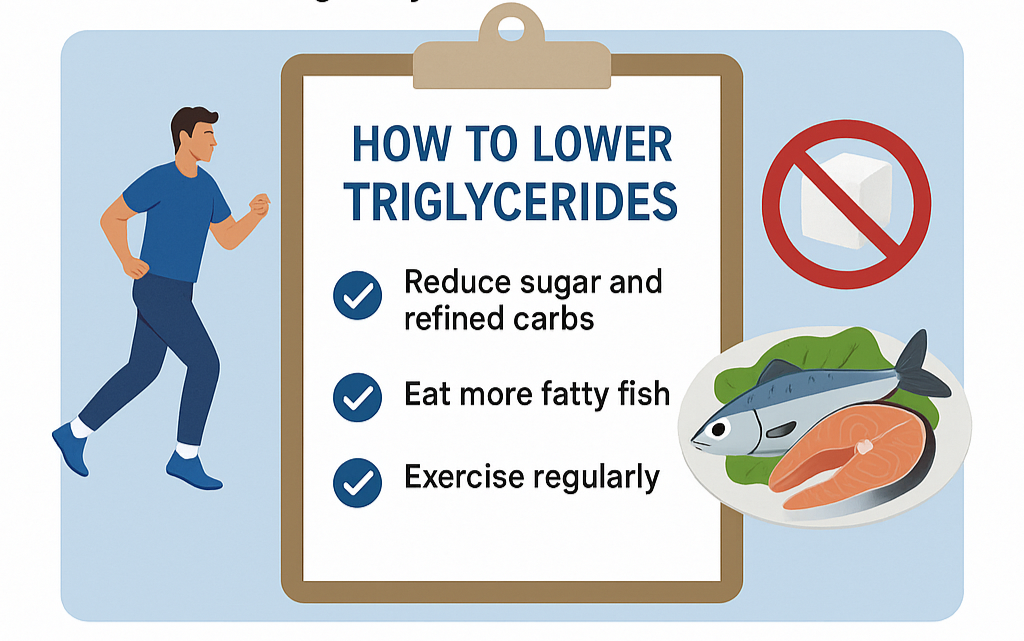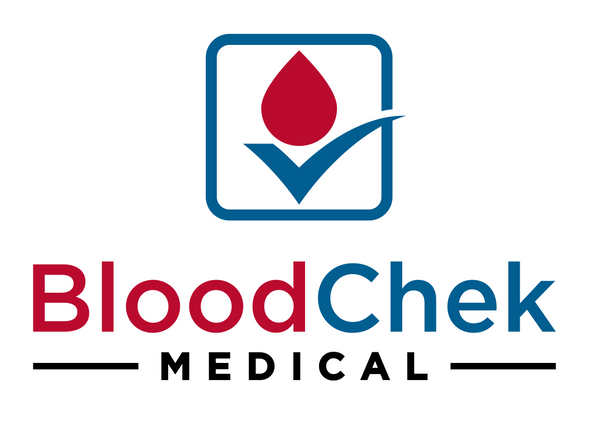
3 Smart, Science-Backed Ways to Lower Your Triglycerides
Share
If your triglycerides are high, don’t panic. You have a lot of control over it—and the good news is that small changes in what you eat and how you live can make a big difference.
In this post, we’ll go over what triglycerides are and the top 3 ways that Dr. Eric Berg and Dr. Nick Norwitz recommend lowering them, all explained in a way that’s simple to understand (even if science isn’t your thing).
What Are Triglycerides, Anyway?
Triglycerides are a type of fat in your blood. After you eat, your body turns any calories it doesn’t use right away into triglycerides. These are stored in your fat cells and later used for energy.
A little is normal. Too much is a problem. High triglycerides can increase your risk of heart disease, stroke, and metabolic issues.
The cool part? You can lower your triglycerides without medication just by making a few smart lifestyle changes.
Tip #1: Ditch the Sugar and Refined Carbs
When you eat sugar, white bread, soda, or candy, your body quickly breaks it down into glucose. That extra glucose gets turned into triglycerides.
In short: more sugar = more fat floating around in your blood.
Here’s what to cut back on:
-
Soda and fruit juices
-
Candy and baked goods
-
White bread, pasta, crackers
-
Breakfast cereals with added sugar
Instead, go for:
-
Veggies (like broccoli, spinach, or peppers)
-
Whole grains (like oats or quinoa)
-
Berries in moderation
-
Healthy fats like avocado and nuts
Even reducing sugar by 50% can have a big impact in a few weeks.
Source: Dr. Eric Berg
Tip #2: Eat More Fatty Fish (Yes, Fat Helps)
Sounds weird, right? Eat fat to reduce fat?
Dr. Nick Norwitz points out that healthy omega-3 fats—especially from fish—can actually lower triglyceride levels. Salmon, sardines, mackerel, and tuna are your best bets.
Here’s why:
-
Omega-3s help reduce liver fat
-
They lower inflammation (a major cause of high triglycerides)
-
They improve heart health overall
Not into fish? Try omega-3 supplements (look for EPA + DHA). But food is best if you can swing it.
Source: Dr. Nick Norwitz - Omega-3s for Triglycerides
Tip #3: Move Your Body
Exercise doesn’t just help you lose weight. It also helps your body use up those triglycerides for energy.
Dr. Berg recommends:
-
30 minutes a day of walking, biking, swimming, or strength training
-
High-Intensity Interval Training (HIIT) for faster results
Here’s the deal: You don’t have to join a gym. Walking after dinner or doing bodyweight workouts at home makes a big difference.
Bonus: Exercise also lowers stress and improves sleep, which also helps bring down triglycerides.
Source: Dr. Eric Berg - Exercise and Triglycerides
How Fast Will You See Results?
With consistent changes, you can see lower triglycerides within 4 to 6 weeks. Blood tests will show your progress. The key is sticking to it.
Extra Tips (That Help Even More)
-
Cut down on alcohol. Alcohol boosts triglycerides fast.
-
Don’t overeat. Even healthy food in huge amounts can raise levels.
-
Try intermittent fasting. It helps your body burn fat for fuel, lowering triglycerides.
Bottom Line
Lowering your triglycerides doesn’t have to be complicated. Dr. Berg and Dr. Norwitz show that it starts with three things:
-
Eat less sugar and refined carbs
-
Eat more fatty fish
-
Get regular exercise
Want to stay on top of your heart health? Start small, stay consistent, and check out your triglyceride levels with professional medical equipment the CardioChek analyzer from BloodChek Medical.
